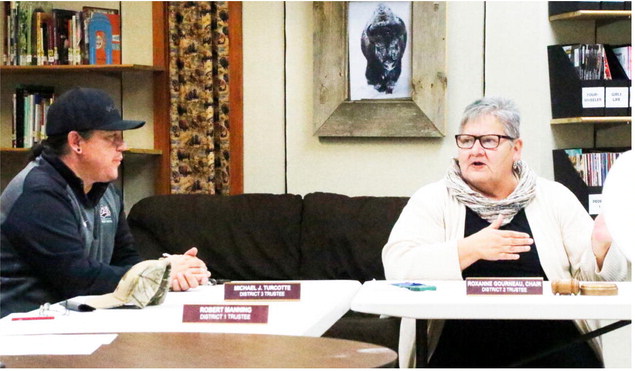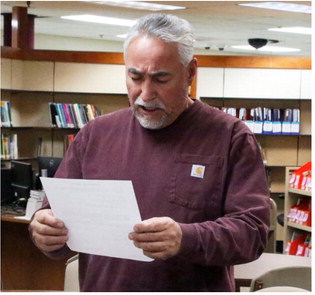Several Ballot Initiatives Fall Short On Signature Gathering
This story is adapted from the MT Lowdown, a weekly newsletter digest containing original reporting and analysis published every Friday.
The individual backers behind four initiatives that have been gathering signatures in an effort to qualify for the fall ballot said last week that they haven’t been able to gather the tens of thousands of required voter signatures.
While Montana’s secretary of state has yet to determine which measures will qualify for the November ballot, the backer groups behind three other measures have said publicly that they believe they surpassed their signature- gathering thresholds as of the June 21 deadline to submit signatures to county election offices for verification.
The proposals likely to make the ballot are Constitutional Initiatives 126 and 127, which would rework Montana’s elections in an effort to discourage partisanship, and Constitutional Initiative 128, which would enshrine an explicit right to abortion access in the state Constitution.
The four less prominent measures were the following: Constitutional Initiative 124, which would strip the Montana Supreme Court of authority to license attorneys.
Initiative 192, which would designate “American rodeo” as the official state sport.
Constitutional Initiative 125, which would permit the formation of citizen-initiated grand juries. Backers have said such grand juries would let groups of citizens investigate potential criminal conduct and file charges independently of what they consider a corrupt legal system.
Initiative 193, which would generally force the state to issue permits allowing landowners to hunt deer, elk and black bear on their property.
The individuals backing all four lower-profile measures told Montana Free Press that they’ve failed to meet the required thresholds of 60,359 signatures statewide for the constitutional initiatives and 30,180 signatures for the non-constitutional initiatives. Both initiative types also have requirements for collecting signatures in a certain number of state legislative districts.
Most of the backers noted that their relatively low-dollar efforts hadn’t been able to match the success of the major initiative campaigns’ big spending and paid signature gatherers.
“It’s not like I’ve got $2 million to get somebody to gather up signatures,” said Tony Hudson, who sponsored the rodeo initiative.
Hudson said in an interview he could probably get the Legislature to endorse rodeo, but deliberately chose to advance the initiative as a grassroots effort instead of lobbying at the Capitol.
“That would be an easy thing to do, but then did I accomplish anything about getting young people engaged in rodeo?” Hudson said.
In other cases, backers had turned to the initiative process after having similar proposals fail at the Legislature.
The lawyer licensing initiative, for example, was similar to 2023’s unsuccessful House Bill 956. The initiative’s named sponsor, Nicole Bennett, was a 12-year-old being homeschooled in Red Lodge when the measure was cleared for signature gathering last year. Reached by phone this week, Bennett referred questions to her mother, Lisa Bennett, who acknowledged that her daughter’s efforts hadn’t been enough to clear the signature bar. “She put an awful lot of work into it this year and I don’t know if she’ll want to do it again,” the elder Bennett said.
Similarly, the grand jury initiative, sponsored by Montana State Council on Judicial Accountability President Bart Crabtree, was a retread of 2023’s failed House Bill 405. Crabtree said via text message this week that the initiative had fallen short of the signature threshold, citing limited volunteer efforts despite what he maintained was high interest in the initiative among those who “understood the facts related to it.”
The hunting initiative backer, Rick Schoening of Polson, said in an interview that he brought the measure after his local lawmakers weren’t successful at helping him advance a similar bill.
Schoening also said he’d talked to a signature-gathering company, only to realize their fee structure meant paid collection would cost between $18 and $20 per signature.
“A citizens initiative is a nice thing in name, but if you don’t have a million dollars in financial backing you’re not going to have it done. Which is really sad,” Schoening said.
The groups behind the successful initiatives, Montanans for Election Reform and Montanans Securing Reproductive Rights, have reported spending $3.4 million and $969,000 on their respective campaigns, with much of that money raised from out-of-state donors.

